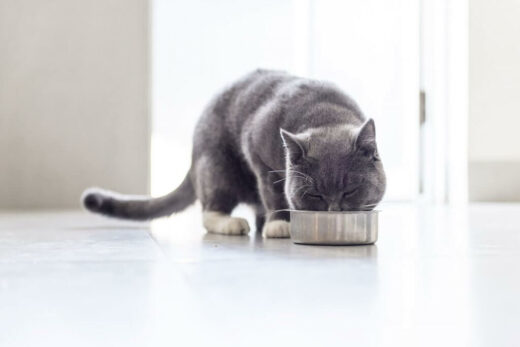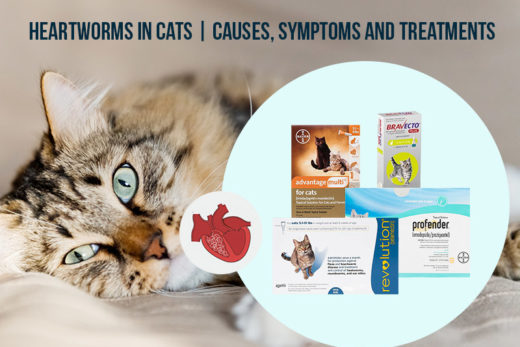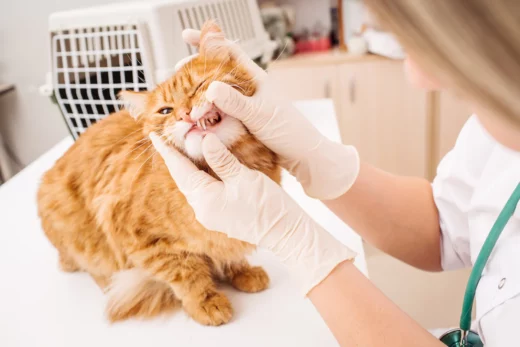If you notice any signs of Chronic Kidney Disease (CKD) in your cat, you should visit your veterinarian immediately. The first step to formally diagnosing CKD is a thorough physical exam done by your veterinarian. They may find that your cat is dehydrated, has sores in their mouth, experiencing muscle loss as well as abnormalities in heart function, mentation, and blood pressure. Confirmation of CKD requires additional blood and urine testing to determine whether the kidney function is impaired and to rule out any other underlying medical problems.
How is CKD diagnosed?
Blood Testing
Testing your cat’s levels of waste products in the blood can be indicative of how well the kidneys are functioning. Your veterinarian will look specifically at the circulating levels of blood urea nitrogen (BUN) and creatinine and when these values are high, they can be suggestive of kidney failure. Your veterinarian will also assess the blood levels of sodium, potassium, phosphorous, red blood cells, and proteins in order to diagnose CKD. The detection of symmetric dimethyl arginine (SDMA), a waste product of protein metabolism, is an early indicator of CKD and can be used in addition to the complete blood count and chemistry analysis.
Urinalysis
Testing your cat’s urine for its color, pH, and presence of protein, blood, bacteria and other cells can also provide important information regarding the health of a cat’s kidneys. It is also important to culture a urine sample to rule out the possibility of bacterial infection of the urinary tract in suspected cases of CKD.
Imaging
Other studies that can be useful in evaluating a cat with suspected CKD include imaging studies such as abdominal ultrasound, radiographs (X-rays), and, in some cases, microscopic evaluation of biopsy samples.
Blood Pressure
Given the potential for hypertension in cats with CKD, measurement of a cat’s blood pressure is also an important part of the medical evaluation for this disease.





